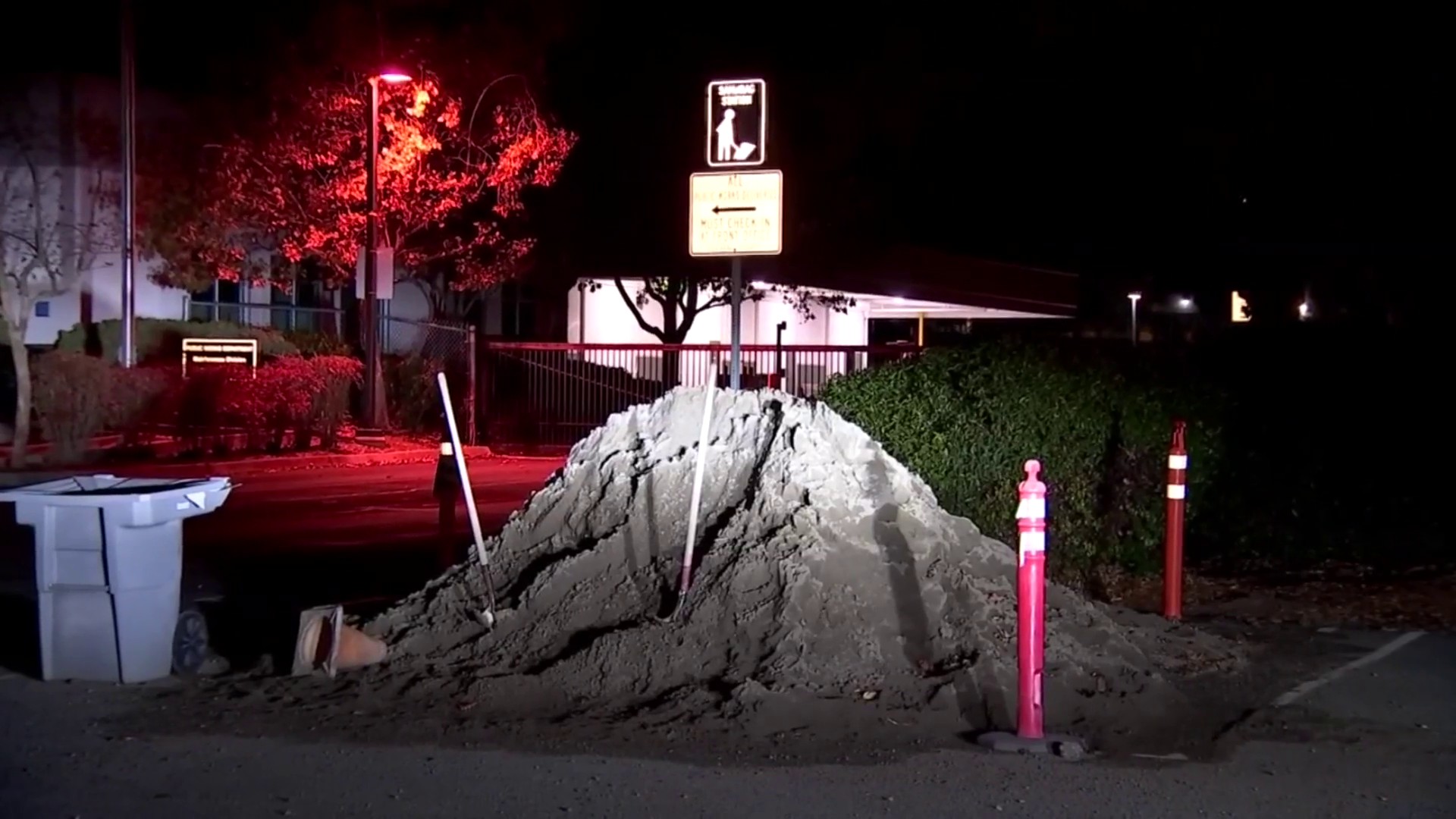California could become the first state in the nation to require that public agencies provide their records in searchable formats, such as Excel or Word.
A bill making its way through the Legislature would establish an open data standard, requiring agencies to buy software that offers data in searchable formats when replacing existing technology. Agencies would also have to use these formats when posting data online or responding to requests for public records.
Currently, many agencies provide information in image files that are not searchable even though they also store that data in more easily searchable formats.
An open standard would provide greater transparency, according to the bill's author state, Sen. Leland Yee, D-San Francisco. Yee's office began writing the legislation after First Amendment advocates complained that some public records were largely impenetrable because they could not be searched.
“The public deserves the exact same access as the government agency,” said Adam Keigwin, Yee’s chief of staff. “If you are providing documents that are not searchable, it makes it nearly impossible for the media and the public to hold their governments accountable.”
Tomorrow, the Assembly Appropriations Committee will determine whether to send the bill to the full Assembly. The state Senate passed the legislation by a vote of 35-to-0 on May 31.
Keigwin said New Hampshire is the only other state that has approved a similar, if less restrictive, open source law. New Hampshire's legislation, approved in January, requires state agencies to consider open source software when acquiring software and encourages public agencies to make public records available in an open data format.
Local
Google and Microsoft are backing Yee's legislation, as is the California Newspaper Publishers Association, Keigwin said.
But the California State Association of Counties and the League of California Cities say the open data format requirement is unnecessary and costly.
“The League opposes SB 1002 because it proposes to add an electronic format specific definition for the first time, which is unnecessary and overly complicates the law," said Natasha Karl, a lobbyist for the California League of Cities. "This bill will cause confusion and impose significant costs to public agencies," she added.
Keigwin said governments would not incur additional costs, because the legislation would only apply to public agencies that already keep their public documents in such a format.
Jim Ewert, general counsel for the California Newspaper Publishers Association, said public agencies in the state should have the capability to provide searchable public documents.
"This is California, the birthplace of Silicon Valley," he said, "yet we have all these agencies responding to requests for information in this archaic format."
View this story on California Watch
This story was produced by California Watch, a part of the nonprofit Center for Investigative Reporting. Learn more at www.californiawatch.org.



